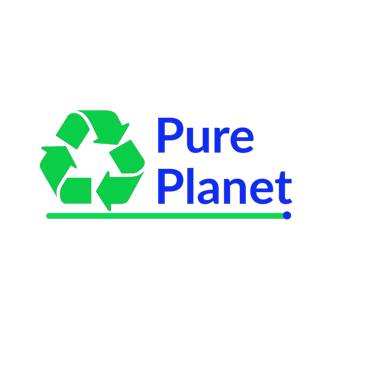
NOT ALL TYPES OF PLASTIC CAN BE RECYCLED!
Not all types of plastic can be recycled, and understanding which types can and cannot be recycled is crucial for effective waste management. It is important to understand which types of plastic can and cannot be recycled.
Plastic waste is a major environmental concern, and recycling is often seen as a way to reduce the amount of plastic pollution in our oceans and landfills. However, not all types of plastic can be recycled, and understanding which types can and cannot be recycled is crucial for effective waste management. The most common type of plastic that can be recycled is polyethylene terephthalate (PET). This type of plastic is commonly used for water bottles, soda bottles, and food packaging, and it can be easily recycled into new bottles and containers. However, other types of plastic, such as polyvinyl chloride (PVC) and polystyrene (PS), are not as easily recycled and are often considered to be "non-recyclable" plastics. One reason for this is that these types of plastic are not as widely accepted by recycling facilities.
PVC and PS are often mixed with other materials, such as plasticizers and stabilizers, which can make them difficult to recycle. Additionally, PVC and PS are often used for products that are single-use, such as disposable cups and food containers, which are not easily recyclable. Another reason why some types of plastic cannot be recycled is that they are not cost-effective to recycle. For example, some types of plastic, such as expanded polystyrene (EPS), are not dense enough to make the recycling process economically viable. Additionally, some types of plastic, such as plastic bags and film, are not easily recyclable due to their lightweight and flexible nature.
To effectively reduce the amount of plastic waste in our environment, it is important to understand which types of plastic can and cannot be recycled. By focusing on reducing the use of non-recyclable plastics and increasing the recycling of recyclable plastics, we can make a significant impact on the amount of plastic pollution in our oceans and landfills.
In conclusion, not all types of plastic can be recycled, and understanding the limitations of recycling can help us make more informed decisions about how we use and dispose of plastic. We must focus on reducing the use of non-recyclable plastics and increasing the recycling of recyclable plastics for a better and cleaner environment.
